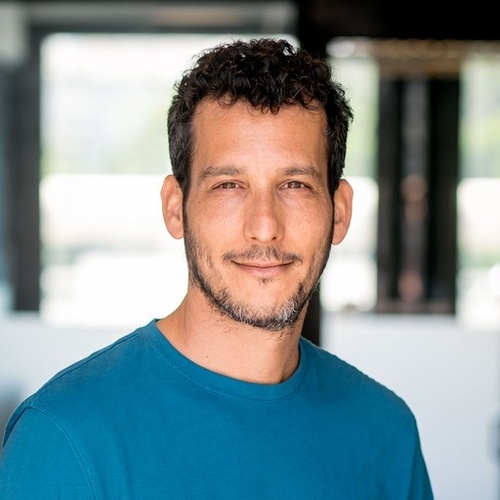FREE WORKSHOPS AT DEVOPSJS CONFERENCE
The workshops from the list below are the complimentary part of full tickets.
Workshops are targeted both at DevOps.js newbies and hardcore fans. Take full advantage of your remote conference experience and get training from our best speakers and trainers.
Workshops will be run remotely via Zoom.

AI on Demand: Serverless AI
In this workshop, we discuss the merits of serverless architecture and how it can be applied to the AI space. We'll explore options around building serverless RAG applications for a more lambda-esque approach to AI. Next, we'll get hands on and build a sample CRUD app that allows you to store information and query it using an LLM with Workers AI, Vectorize, D1, and Cloudflare Workers.
Date & time: February 14, 16:00-19:00 CET. Remote via Zoom

Declarative Infrastructure: Rethinking Cloud Native for JS
In this workshop, we uncover what Declarative Infrastructure means, and how it can work in TypeScript to naturally express higher-level distributed systems concepts (such as backend services, API calls, database queries, Pub/Sub messaging, caching and more), through the power of static analysis and code generation.
The outcome is a fully reimagined DevOps process, with automatic infrastructure provisioning and built-in observability, that deploys straight to your own cloud.
- Introduction
- What is Declarative Infrastructure?
- Building a Cloud Native backend with Declarative Infrastructure
- Q&A
Middle
Date & time: February 19, 16:00-17:00 CET. Remote via Zoom

Scaling up e2e testing envs with Pulumi Typescript on AWS
The goal of the workshop is to lay out guidelines for scaling up organizations that wish to continue creating e2e testing envs in a way that’s still fast and cost-effective. We’ll focus on achieving that with a Pulumi Typescript project. We’ll take an existing pulumi typescript project, and break it into 2 parts, in such a way that’ll enable deploying multiple envs on the same base.
- Show the time and cost it takes to provision a full vpc-eks-helm environment
- Show the time and cost it takes to provision a full env per PullRequest for e2e testing
- Show the estimated savings in time and costs following a split of shared resources and env-specific resources
- Provide a full pulumi ts env repo they can fork
- Task them with splitting it into two parts
- Provide guidelines to do the split efficiently
- Calculate the time and costs saved
- Express joy that you joined the workshop
Date & time: February 20, 16:00-18:00 CET. Remote via Zoom

Frontend to the Cloud Made Easy - A ReactJS + AWS Workshop
This workshop enables you to learn how to develop React applications, and then deploy them to the cloud (or building them to the console) coupled with a backend, fully abstracted, with no complex backend configuration, simplifying the building and deployment of frontend & web apps to the cloud.
Date & time: February 21, 16:00-17:00 CET. Remote via Zoom